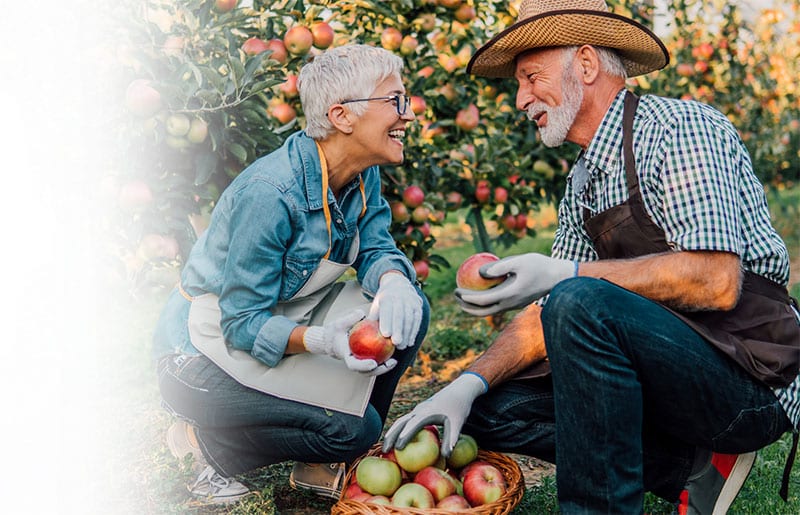
Coronavirus: What you need to know to stay safe
At this point, you have certainly heard about the Coronavirus, otherwise known as COVID-19, and hopefully are taking the necessary precautions to lower your risk of contracting the disease. While information is being updated rapidly, here are a few things to know, and some resources to stay informed as new guidelines and information are available.
What is the Coronavirus (COVID-19) and how does it transmit?
Coronavirus is a virus that causes a respiratory illness similar to the flu. It spreads like most viral colds or flus, such as through an infected person coughing or sneezing. It also spreads by contacting a surface harboring the virus (such as a door handle) and then touching your face, eyes, nose, or mouth before washing your hands.
What are the symptoms and when do they appear?
Symptoms can show up as early as 2 days after being exposed, or as long as 14 days later. This is why it’s very important to self-quarantine for two weeks after possible exposure. Doing so reduces the risk of passing on the virus while an infected person is still asymptomatic. Evidence continues to accumulate that asymptomatic individuals can spread disease.
Symptoms usually start with a fever, and can also include a cough, shortness of breath or difficulty breathing.
How do I prevent it?
Staying at home and limiting exposure to other people is the best way to avoid contracting the virus. As of March 19th, California has issued a state-wide “stay at home” order. This means you need to stay home except for running essential errands. In addition to health care providers, businesses that can remain open include:
o Pharmacies
o Gas Stations
o Banks
o Grocery stores, farmers markets, food banks, convenience stores, take-out and delivery restaurants
o Banks
o Laundromats/laundry services
o Essential state and local government functions will also remain open, including law enforcement and offices that provide government programs and services
o Automobile repair businesses
Though these businesses may remain open, it’s important to still take other precautions if you visit one, such as:
o Stay at least 6 feet away from others while shopping and in lines.
o Cover your mouth and nose with a cloth face covering or mask when you have to go out in public.
o When you do have to visit in person, go during hours when fewer people will be there (for example, early morning or late night).
o If you are at higher risk for severe illness, find out if the store has special hours for people at higher risk. If available, try to shop during those hours. People at higher risk for severe illness include adults 65 or older and people of any age who have serious underlying medical conditions.
o Disinfect shopping carts by using disinfecting wipes if available.
o Do not touch your eyes, nose, or mouth.
o If possible, use touchless payment (pay without touching money, a card, or a keypad). If you must handle money, a card, or use a keypad, use hand sanitizer right after paying.
o Use hand sanitizer when you leave the store and wash your hands when you get home with soap and water for at least 20 seconds.
While the best thing you can do for prevention is to stay at home, but that doesn’t mean staying inside. Take a walk and enjoy fresh air. There are mental health benefits that come from being outside. Just be sure to stay 6 feet away from anyone else you may encounter!
Tips for Happily Staying at Home
If you are feeling a little lost about what to do while staying home, here are a few ideas:
o Workout—there are lots of free workouts for all fitness levels (including seniors!) on YouTube, and several local fitness instructors are offering free classes on their social media pages. The endorphins will help both your mental and physical health.
o Video chat with family and friends—plan a virtual happy hour or board game session with some loved ones. Seeing their faces and hearing their voices will feel good!
o Clean out your closets and prepare items for donation.
o If you have a yard, pull weeds and garden.
o Practice meditation – if you’ve been meaning to try this but can’t usually find the time, well, now you have it. There are lots of free resources online and the benefits are numerous.
o Catch up on the movies and tv shows that people always say “you must watch.” Now’s your chance to finally make time for it!
o Try baking or cooking new dishes—there are many free tutorials and recipes on the internet. Have fun trying the complicated recipes you haven’t had time for before and be sure to take lots of pictures to send to your friends and family documenting your successor your disasters!
As for entertaining the kids, we recently posted an article full of ideas for what to do when stuck at home on a rainy day. Check it out for a list of fun activities for the whole family!
More Resources
For general guidance on COVID-19, visit cdc.gov or call the county hotline at 2-1-1.
Our partners at Scripps Health are constantly providing new information as it’s available. Keep up with the latest information here:

Join our Senior Wellness Society for the latest news on Medicare and tips for healthy living in San Diego!
Sign up now ›Are you looking for specialized medical care in San Diego?
Our directory has more than 850 doctors in San Diego County of various specialties who are available to help you.
Find a doctor